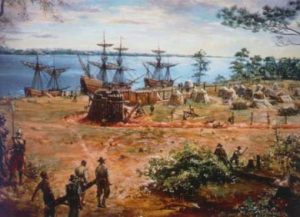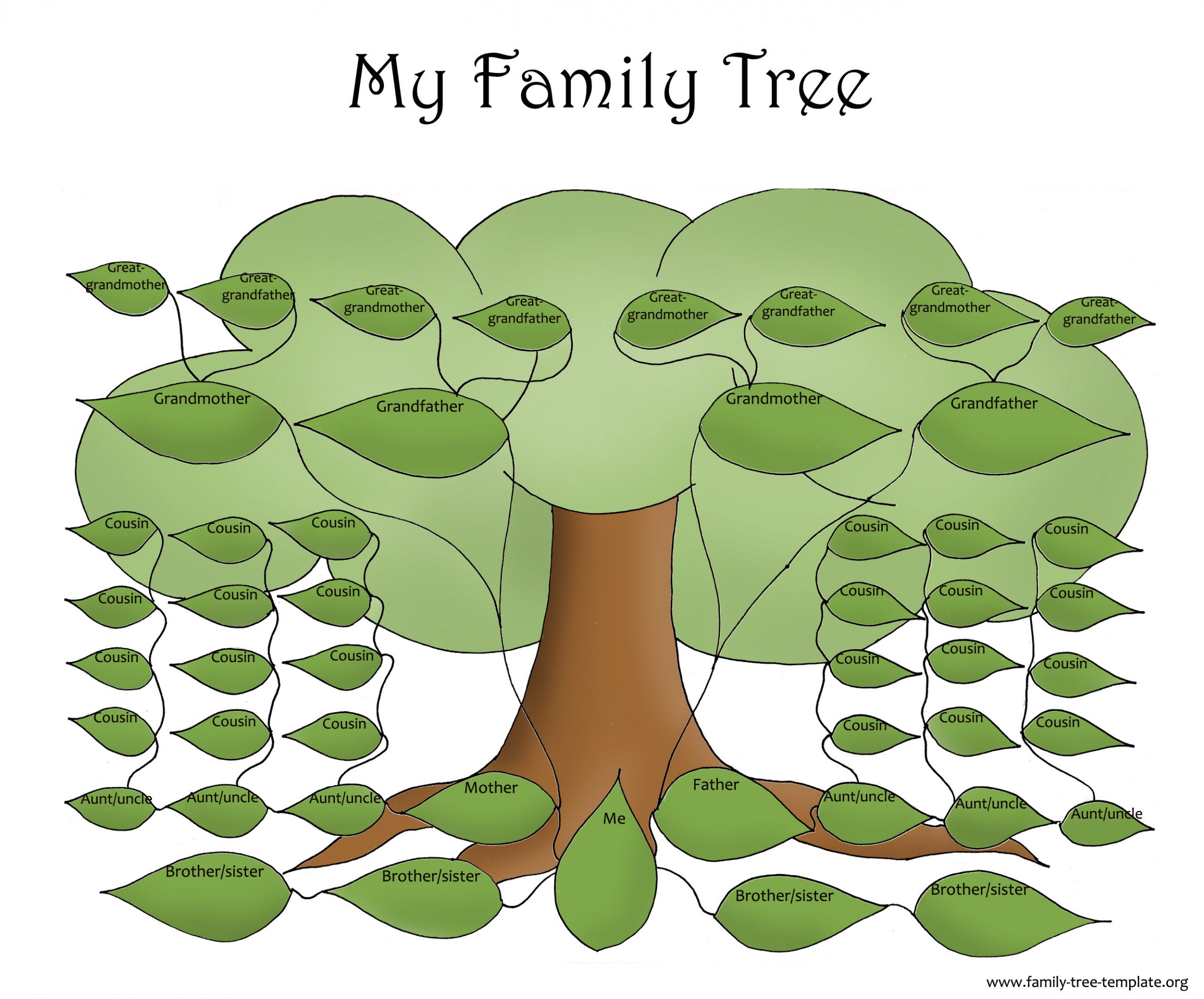It is a simple question, and most of us probably expect we know the answer. In fact, we may well have a good handle on who we are at this moment in time.
But that is not what I am talking about.
Do you know where you come from? Do you know your ancestors back beyond your grandparents? What sorts of lives did they live? Where did they come from? When did they immigrate (if you live in the USA)? Where did they land when they came? Did they stay there, or did your people continue on, looking for something they had not yet found?
Those are some basic questions that any good Man of the West should know. It is biblical. And I do not just mean the “good” ancestors. We can learn much from those who went astray, as well.
Consider Jesus’ words in Luke 17:32: “Remember Lot’s Wife.”
In that passage, Jesus has spoken of past calamities, including Noah’s flood and the destruction of Sodom. So why would our Lord use those historical examples? Because we learn from our past. We see how God has dealt with people in other times and places. We see their motivations and learn from their experiences.
It is good to know from whence you came.
I am not saying you have to become a professional genealogist or anything, but it is not a bad idea to do at least some minimal research. If you really get into it, you can join pay sites that have tons of information, participate in DNA tests to help establish your lineage and more.
If you are more….frugal…. you can make a free account at familysearch.org and dig around, looking for your people. While I might have differences with the Latter Day Saints’ theology, this is a very useful tool that they make available to you at no charge. Take advantage of it.
Personally, I have always tended to be someone who looks for something better, while still being content with where I am. While I joke about being lazy, in reality, I am pretty diligent and hardworking, and always want to do a good job. I do not like to stand in one place too long. I also tend to rebel against injustice, and have always chafed under governmental regulations that make no sense. Why am I like that?
 I am sure there are many reasons, but one surely seems to be that I come from a long line of people who were the same way. My ancestors came to America on the first boats, landing in both Virginia and Massachusetts. (Note: only a couple of them went north, and most headed south fairly quickly. The vast majority of my folk started in VA and moved south and west). They fought under General Washington against the Red Coats, and fought under Lee against the Yankees. Some died in those wars, but every man of age fought, and remained until the end. During Reconstruction, my people left the Deep South and went West. None of the more recent were all that famous, in the grand scheme of things (If you go back far enough, most of us can find a few “big names” on the family tree). Most were simple farmers or other laborers, and worked their whole lives. They did not settle for half measures, but always did their best at what they thought was right, even at the cost of their lives. Oh, I have a few “Lot’s Wives” in my lineage, for sure. One great-great uncle was hung as a horse thief, and I would suspect his family had no problem with that fate.
I am sure there are many reasons, but one surely seems to be that I come from a long line of people who were the same way. My ancestors came to America on the first boats, landing in both Virginia and Massachusetts. (Note: only a couple of them went north, and most headed south fairly quickly. The vast majority of my folk started in VA and moved south and west). They fought under General Washington against the Red Coats, and fought under Lee against the Yankees. Some died in those wars, but every man of age fought, and remained until the end. During Reconstruction, my people left the Deep South and went West. None of the more recent were all that famous, in the grand scheme of things (If you go back far enough, most of us can find a few “big names” on the family tree). Most were simple farmers or other laborers, and worked their whole lives. They did not settle for half measures, but always did their best at what they thought was right, even at the cost of their lives. Oh, I have a few “Lot’s Wives” in my lineage, for sure. One great-great uncle was hung as a horse thief, and I would suspect his family had no problem with that fate.
So I am right in line with the people who came before me. I am not an aberration or some isolated individual. I am the product of a family line that has stood for Western Culture since there was a Western Culture to defend.
This gives me pride and determination. I am not fighting for some abstract concept. I am fighting for the world that my ancestors helped to build and that I want to pass on to my children. This is a centuries-long struggle, but my family is in it for the long haul.
That is who we are.










[…] Source link […]
4.5
5
Excellent piece.
Thanks, my friend.
Maternal grandfather branch: Scots Irish. Beat the Irish in ulster, got raw deal from English, came to Virginia. Second generation served in Washington’s militia in French and Indian war.
Maternal grandmother branch: puritan’s who settled here in 1631. Eventually moved south and intermarried with German and Scots Irish settlersm. Grandma’s grandfather served in cavalry in Army of Northern Virginia. His older bro was one of Lee’s colonels.
Paternal grandfather line: German anabaptists. Likely early PA settlers who moved south.
Maternal grandmother line: descendants of Hessian soldier capture during Revolutionary war who later married daughter of farmer who he was forced to work for while a POW.
All branches appear to be amalgamation of English, Scots, and German settlers. Scots Irish culture predominates as does German cooking. Cantankerous, independent types who fight and generally make good neighbors. Clannish.
Now that’s what I am talking about!
That is a fantastic tree, and great to see you have traced it back so far. To all my friends who don’t have those records, support men like these. The HoosierHillbilly line has quiet men who moved from Kentucky to Indiana for steel mill work. There is a simple joy in leaving a tradition and legacy, even if it will never appear on the rolls of the country. Your descendants remember.
Yes. This. Not everyone makes the history book, but every man leaves something behind him.
Too many people don’t bother to find out about their ancestors and the historical times they lived in. I can trace my paternal line to to the first Anglo-Irish settler who came to Virginia in 1654. There followed a long line of pioneers who eventually arrived on the Texas frontier in the 1850’s, a widowed mother with one son (my g g grandfather and namesake) and 7 daughters.
A people who don’t know and understand their heritage have no sense of permanent identify, nor are they likely to bequeath much to their descendants. Knowing the present only is the mark of a child.
[…] that is important. In an earlier post, I pointed out the importance of knowing your ancestry, as that genetical heritage is a huge part […]
[…] that is important. In an earlier post, I pointed out the importance of knowing your ancestry, as that genetical heritage is a huge part […]